What does diversity mean for public service media?
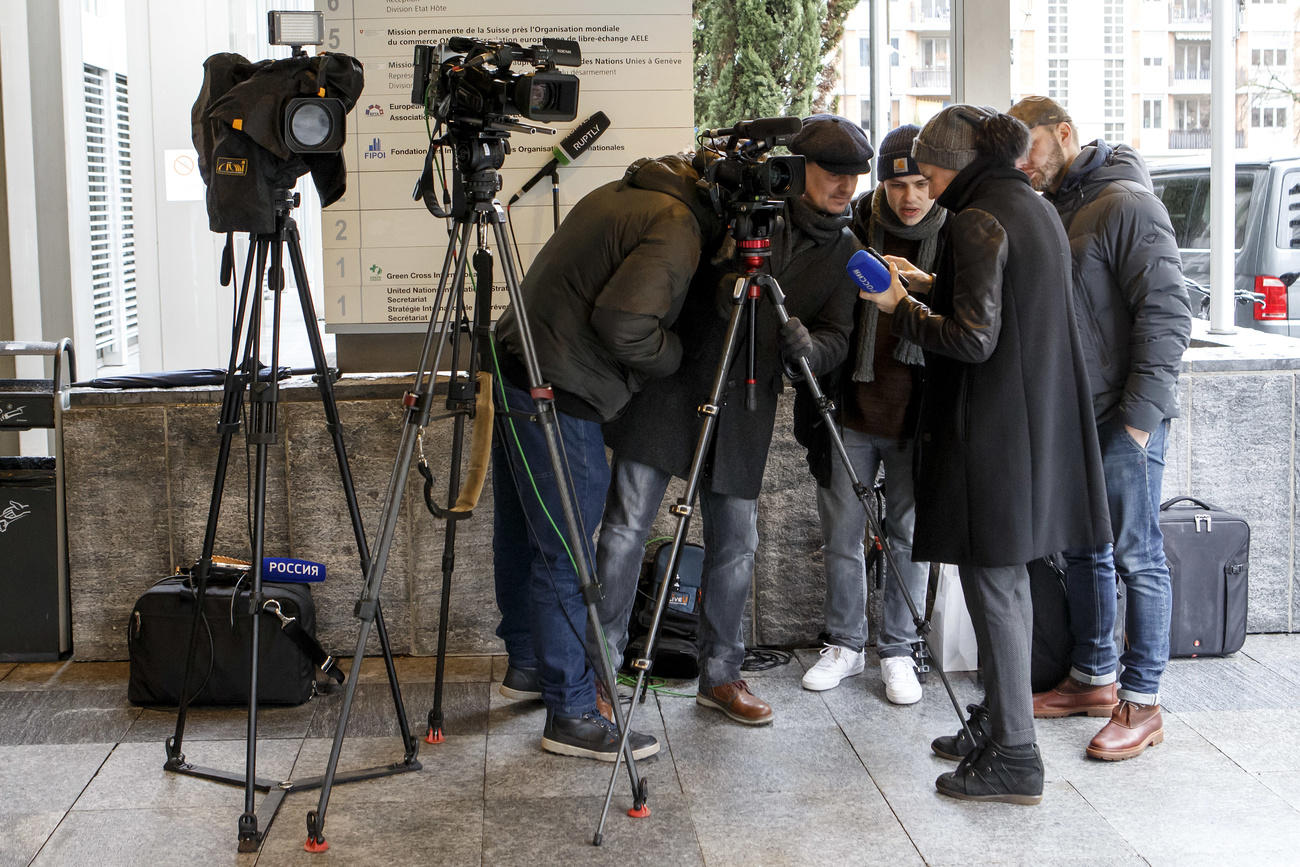
How does a public service media reflect the diversity of the community it serves? For World Radio Day, we joined forces with other public service media to discuss what this year’s theme, “diversity”, means at our organisations, and how it comes across in what we publish.
Jo Fahy, head of multimedia at SWI swissinfo.ch and member of the Swiss Broadcasting Corporation’s diversity board, joined journalists at Radio Poland, Radio Romania International and Radio Prague International in a discussion broadcast on Radio Canada International.
Switzerland has a strong linguistic diversity. With four national languages and four different language sections of the Swiss Broadcasting Corporation (SBC), language is a defining aspect of Swiss culture that’s reflected by its broadcaster. At the SBC’s international arm, SWI swissinfo.ch, linguistic and cultural diversity are at the centre of our work. Writing in ten languages, with journalists from around 20 countries, we explain Switzerland to a wide range of audiences around the world.
Equality and diversity on the agenda
Over the past year, gender equality in Switzerland has made it firmly onto the mainstream agenda. The women’s strike in June 2019 and the election of more female politicians than ever before to the Swiss parliament in October were two big events. At the SBC, an internal women’s network, “Idée femme”, was founded. Focus groups, an employee survey and a forum for women in leadership positions all followed. At the end of 2019 a diversity board, representing all language regions and aspects of work within the organisation, was set up. The board will now work on measures to improve diversity.
At Radio Romania International, trying to attract a younger audience and women listeners are both current diversity challenges, “We haven’t completely lost the younger generation…we do reach them,” explained journalist Calin Cotoiu.
He believes there are reasons for optimism and space to find a more diverse audience through broadcasting on the web and making use of social media platforms.
Julian Horodyski from Radio Poland also highlighted their efforts to reach diverse audiences online. “We’re trying to re-invent ourselves from radio in the traditional sense to doing more podcasts and various activities on Twitter and Facebook in order to reach young audiences,” he said.
There are particular diversity issues that are highly relevant to the listeners of Radio Prague International, as journalist Daniela Lazarova explained. “The Communist regime suppressed multiculturalism for four decades…so we talk a lot about Czechs’ attitudes to foreigners,” he said. They also run special series highlighting gender inequality or the experience of foreigners in the Czech Republic.
UNESCO World Radio DayExternal link is marked every year on February 13 to show the power of radio as a wide-reaching medium for people around the globe and as a platform for “democratic discourse”.

In compliance with the JTI standards
More: SWI swissinfo.ch certified by the Journalism Trust Initiative
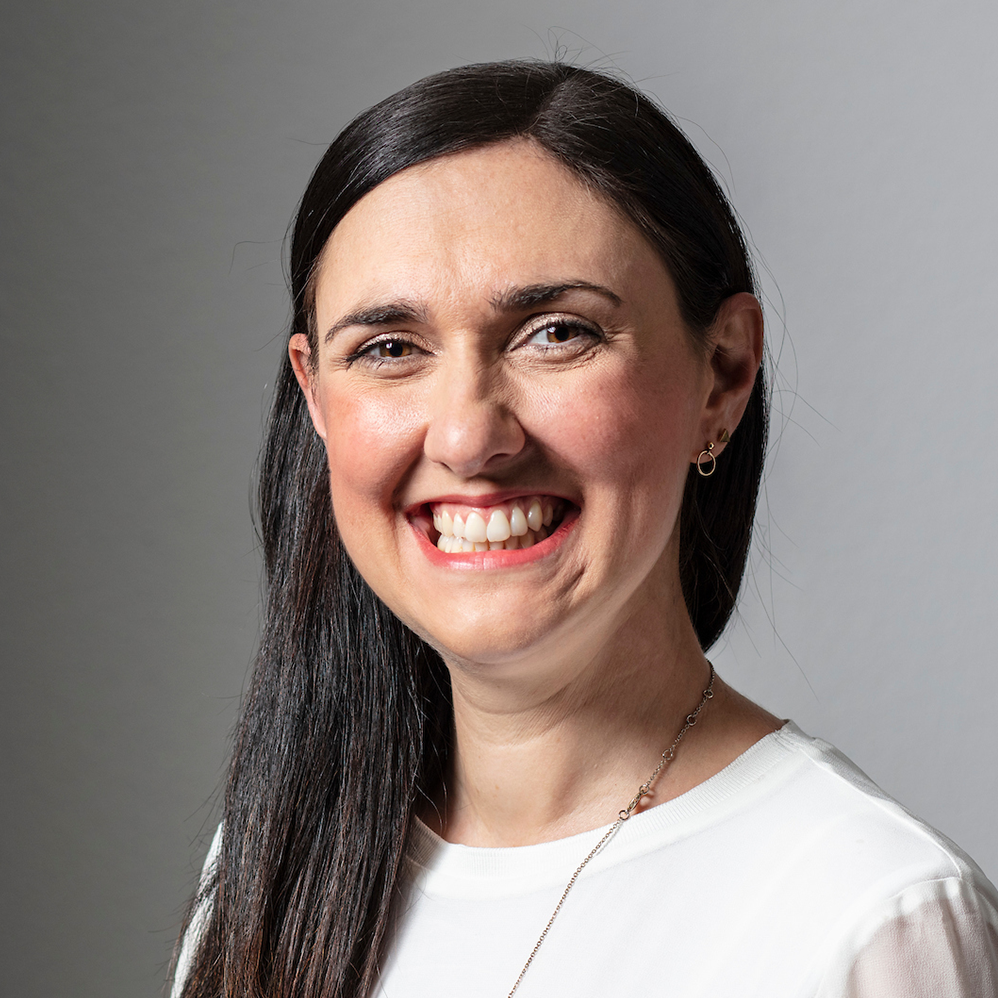
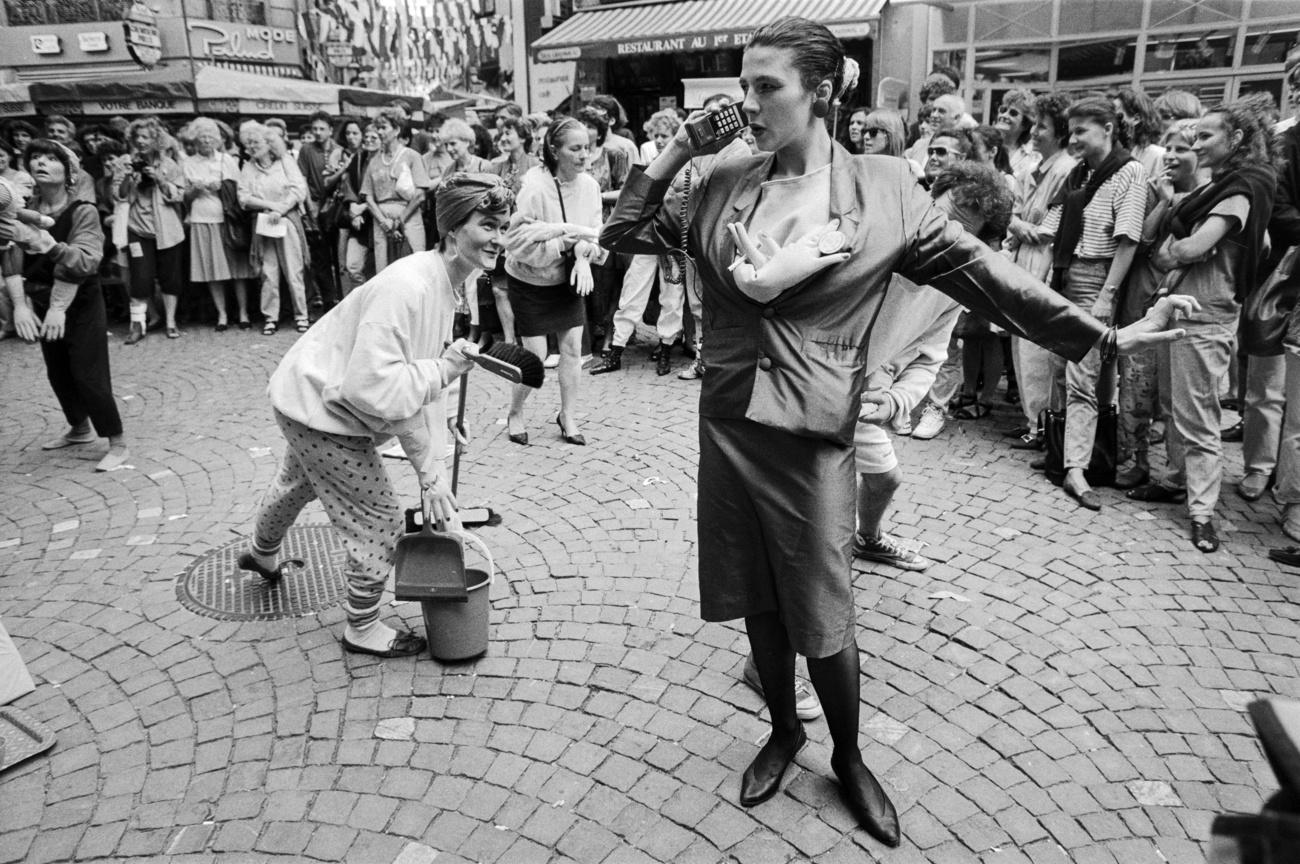
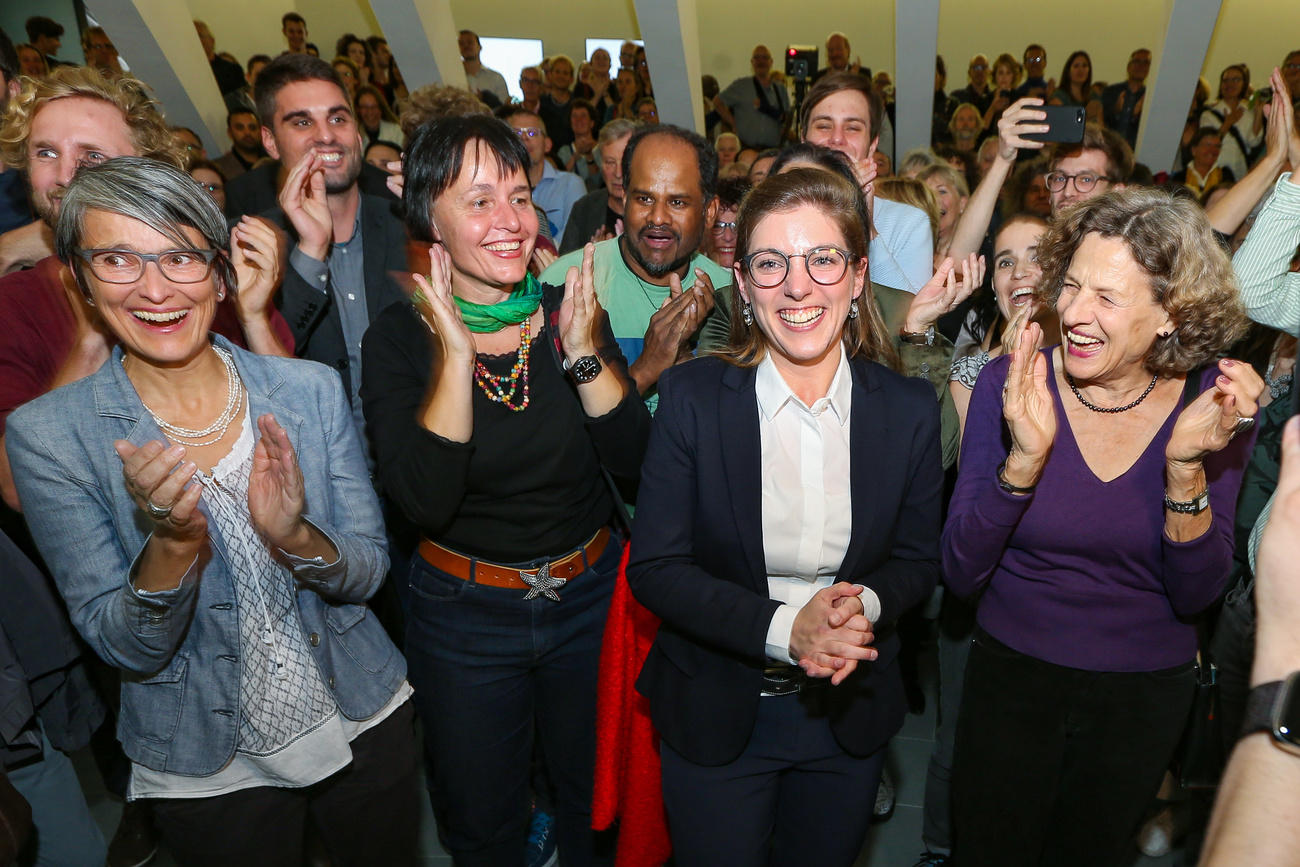
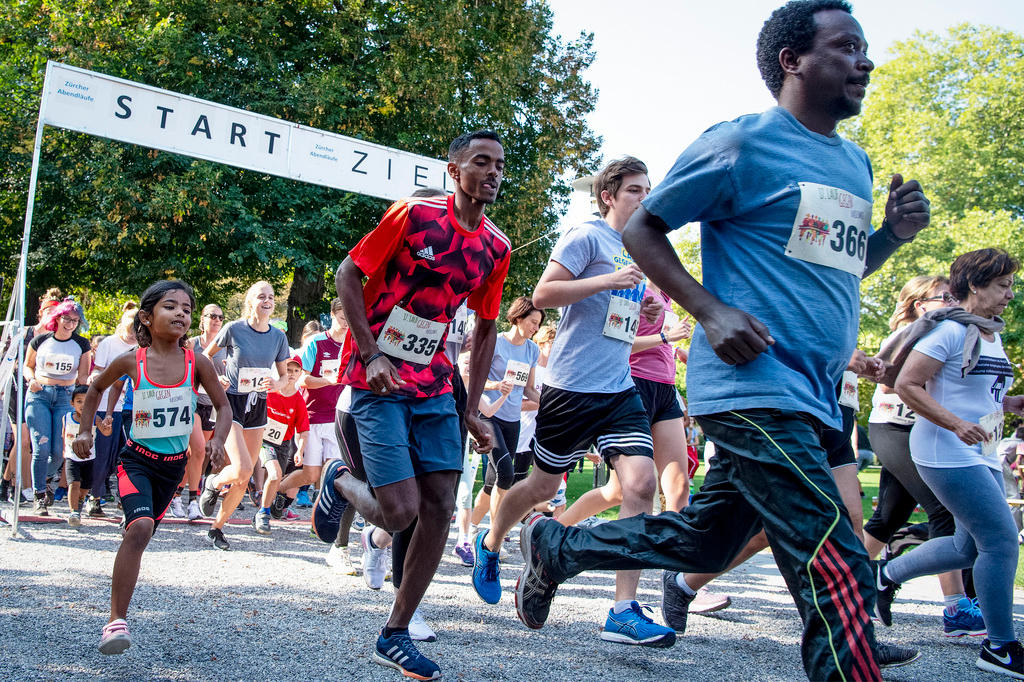
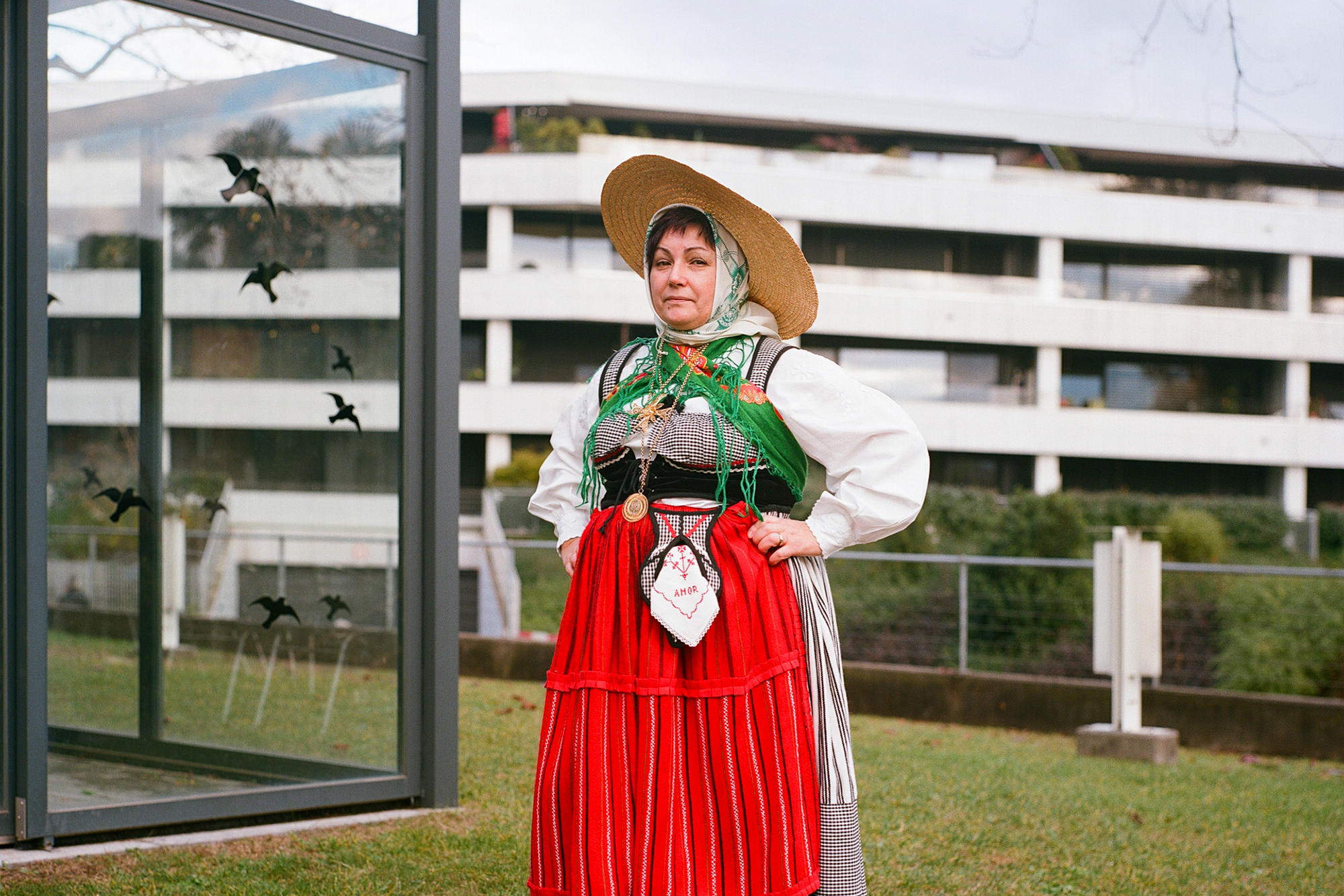
You can find an overview of ongoing debates with our journalists here. Please join us!
If you want to start a conversation about a topic raised in this article or want to report factual errors, email us at english@swissinfo.ch.